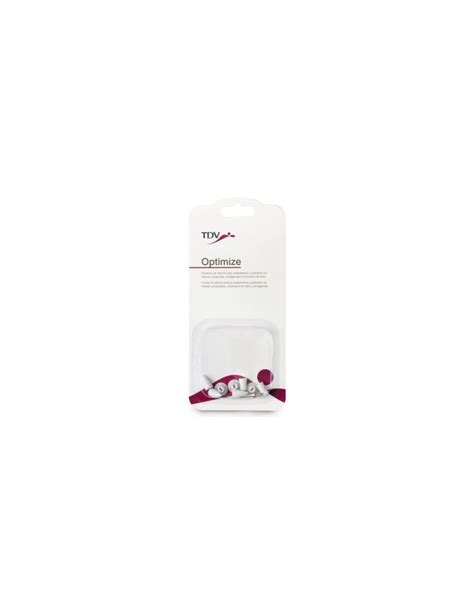Optimize recovery for intense workouts & peak daily function?

Why Recovery is the Unsung Hero of Your Fitness Journey
In the relentless pursuit of strength, speed, and endurance, many fitness enthusiasts focus solely on the intensity and volume of their workouts. However, the true magic of progress, injury prevention, and sustained peak performance doesn’t happen during the sweat-soaked sessions; it occurs during recovery. Optimizing this crucial phase is not just about bouncing back for your next workout, but about empowering your body and mind to function at their best every single day. Neglecting recovery can lead to plateaus, burnout, increased injury risk, and diminished daily cognitive and physical function.

The Pillars of Effective Recovery
Effective recovery is a multi-faceted approach, encompassing several key areas that work synergistically to repair, rebuild, and re-energize your system.
1. Prioritize Quality Sleep
Sleep is arguably the single most powerful recovery tool. During deep sleep cycles, your body releases human growth hormone (HGH), which is vital for muscle repair and growth. It’s also when your central nervous system (CNS) recovers from the stress of intense training. Aim for 7-9 hours of uninterrupted, quality sleep per night. Establish a consistent sleep schedule, create a cool, dark, and quiet sleep environment, and avoid screens an hour before bedtime to optimize melatonin production.

2. Fuel Your Body with Intentional Nutrition
What you eat directly impacts your body’s ability to recover. Post-workout, focus on a combination of protein and carbohydrates. Protein provides the amino acids necessary for muscle protein synthesis (repairing damaged muscle fibers), while carbohydrates replenish glycogen stores depleted during exercise. Don’t forget healthy fats, which support hormone production and reduce inflammation, and a wide array of micronutrients from fruits and vegetables to aid in cellular repair and overall health.

3. Stay Hydrated Throughout the Day
Water plays a critical role in almost every bodily function, including nutrient transport, waste removal, and joint lubrication. Dehydration can impair performance and significantly hinder recovery. Make sure you’re drinking plenty of water consistently throughout the day, not just around your workouts. Electrolyte-rich beverages can also be beneficial, especially after prolonged or very intense sessions, to replenish lost minerals.
4. Embrace Active Recovery and Mobility Work
While rest is important, complete inactivity isn’t always the best approach. Active recovery, such as light cycling, swimming, or walking, improves blood flow, which helps remove metabolic waste products and delivers fresh nutrients to tired muscles. Incorporating mobility work like stretching, foam rolling, and dynamic movements can alleviate muscle soreness, improve range of motion, and prevent stiffness, leading to better movement patterns in future workouts and daily life.

5. Manage Stress Effectively
Chronic stress, whether from training, work, or personal life, elevates cortisol levels, which can interfere with muscle repair and increase inflammation. Integrating stress-reduction techniques like mindfulness meditation, deep breathing exercises, yoga, or spending time in nature can significantly enhance your body’s ability to recover and maintain peak daily function.
Integrating Recovery into Your Daily Routine
Optimizing recovery isn’t a one-time event; it’s an ongoing process that requires consistency and attention. Treat your recovery protocols with the same discipline you apply to your training. Listen to your body, adjust your efforts based on how you feel, and understand that sometimes less is more when it comes to pushing limits. By prioritizing these recovery strategies, you won’t just improve your athletic performance; you’ll unlock greater energy, mental clarity, and overall well-being, enabling you to excel both in and out of the gym.










